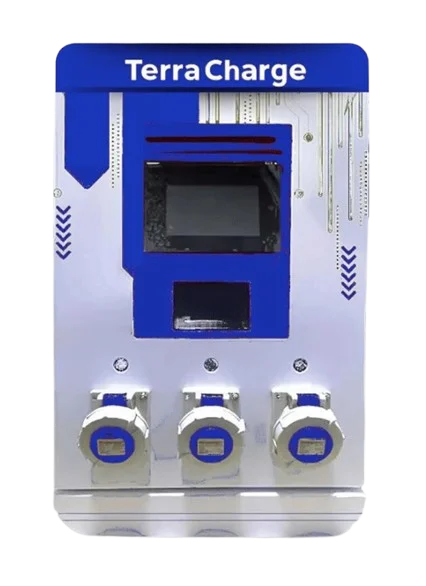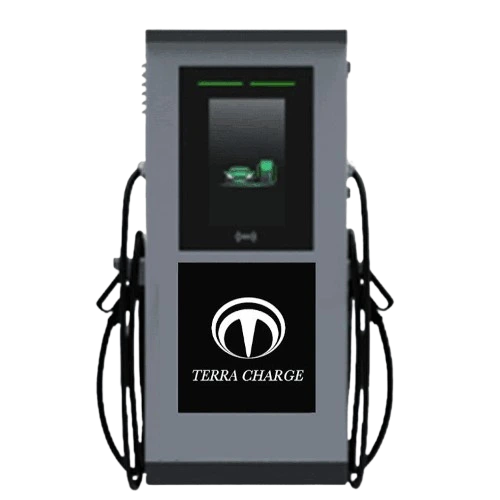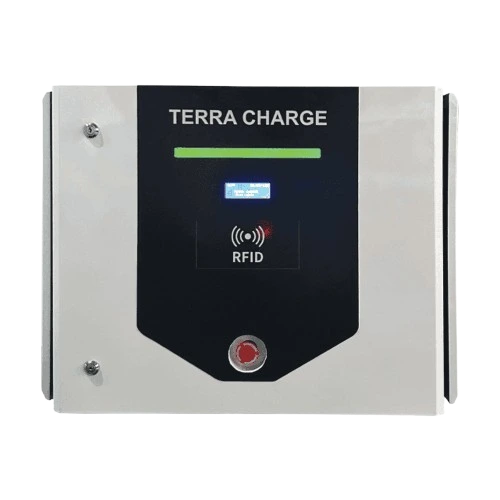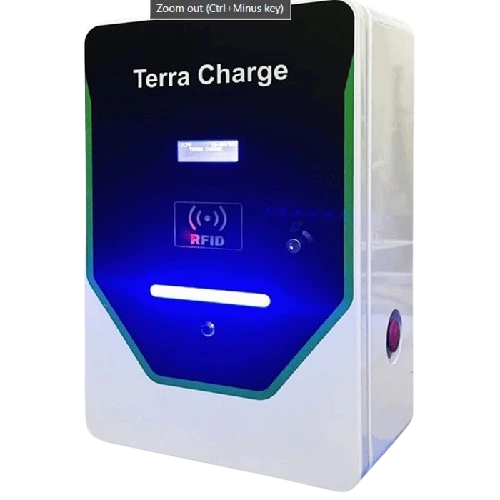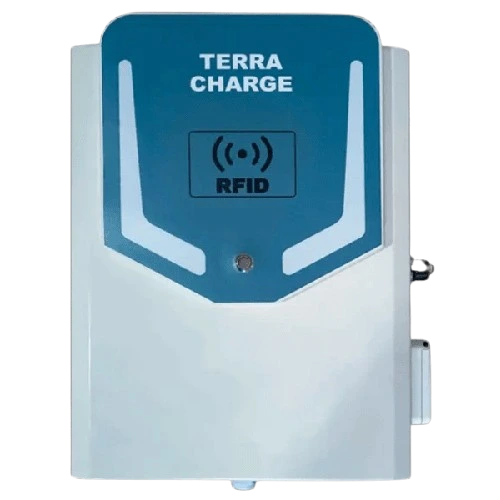With growing environmental concerns and increasing fuel prices, people are now adoption EVs as a quick option. EV market is growing rapidly with growing questions in the mind of people. Manufacturers are trying to produce EV batteries with long lifespan but there is always a deadline to it. There exist questions about the sustainability of EV batteries, and can it be recycled?
EV batteries are a critical component of electric vehicles. As EV technology continues to develop, EV batteries are becoming more powerful and efficient.
What are EV batteries made of?
The electric vehicles use lithium-ion batteries as their energy source. Lithium-ion batteries offer a number of advantages over other types of batteries, including high energy density, fast charging, and a long lifespan. This makes them ideal for EVs, which need to be lightweight, compact, and able to travel long distances.
Recycling of EV batteries:
The manufacturers are working towards making the batteries reusable and recyclable for the future. The recycling of EV batteries is still an ongoing process, but it is becoming more efficient. It is important to recycle EV batteries as when these are not recycled the materials end up in landfills and incinerators which pollutes the environment.
The first step in recycling an EV battery is to shred it into small pieces. The shredded material is then filtered based on size and composition, to separate the materials. The next step is to extract the valuable materials from the shredded battery, such as lithium, cobalt, nickel, and manganese. This can be done through pyrometallurgy and hydrometallurgy.
Although there are environmental benefits in recycling a battery but still it is a challenging task. Recycling is a labor-intensive and dangerous process and it also involves high cost of transporting.




